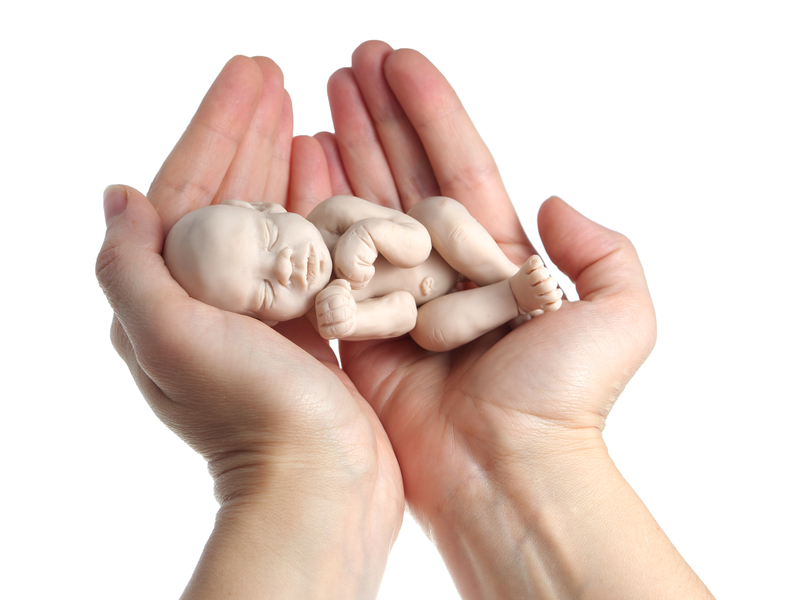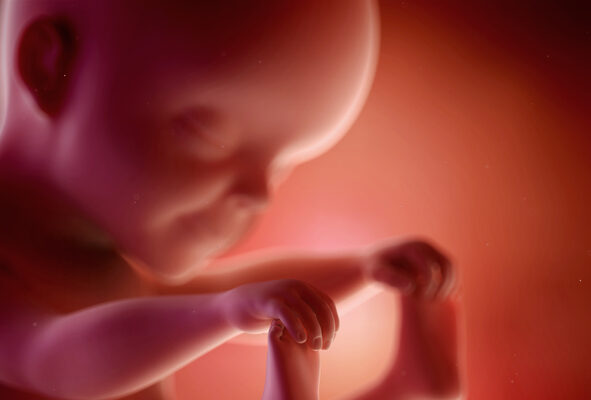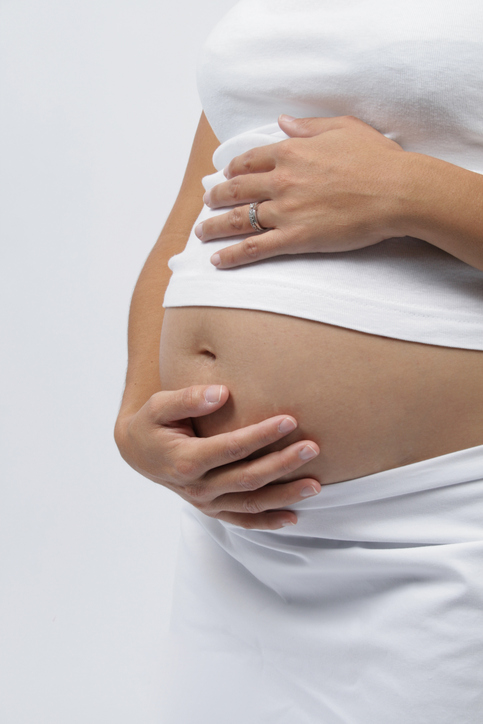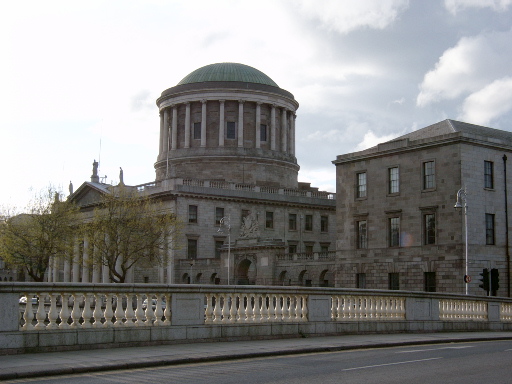Pro-life groups have condemned yesterday’s decision of the Supreme Court that unborn children have no inherent, constitutional rights beyond the right to life explicitly written into the Constitution by the Eighth amendment. Niamh Uí Bhriain, of Save the 8th, said the judgment exposes the frightening reality of the Government’s proposals on abortion, that if the 8th is abolished, then the last remaining constitutional protections enjoyed by unborn children would be abolished along with it. “This is an extreme outcome which the Taoiseach himself rejected as recently as last September, and shows that the proposals go far beyond the so-called ‘middle ground’,” she said. “It exposes the true agenda of the Government proposals: to remove all constitutional protections for unborn children, while masking it as a proposal to protect the rights of women. Such an outcome would give carte blanche to future governments to extend abortion on demand later in pregnancy without any approval from the public”. She concluded that voters “will be repulsed by this stark choice.”
The Pro Life Campaign said the Supreme Court ruling shows the importance of keeping the Eighth Amendment in the Constitution. Pro Life Campaign legal adviser, Professor William Binchy said: “The Supreme Court’s judgment makes it all the more necessary to oppose the Government’s proposal to introduce abortion on demand. The Court has made it clear that unborn babies, up to birth, would have no constitutional protection against the legislation that the Government intends to introduce.”
The Iona institute released a statement saying that the fate of unborn children now lies entirely in the hands of the people of Ireland. Iona spokeswoman, Maria Steen, said: “The Irish people have now become, in effect, the last line of defence in Ireland for the unborn child. It is now exclusively in our hands to decide whether to protect the fundamental right to life of the child in the womb, or to take it away.”
She said it was “extremely sad” that the Government sought to overturn the High Court ruling that the child before birth enjoys more rights than simply the right to life, and, she said, It shows “the overt hostility of the Government towards the unborn child”.




















